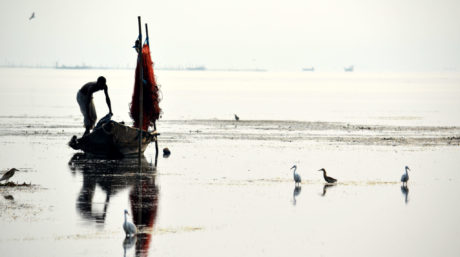 Publication
Publication
Sarovar Newsletter Series
Sarovar is the newsletter of Wetlands International South Asia (Regd.)
We safeguard and restore wetlands for people and nature
 Publication
Publication
Sarovar is the newsletter of Wetlands International South Asia (Regd.)
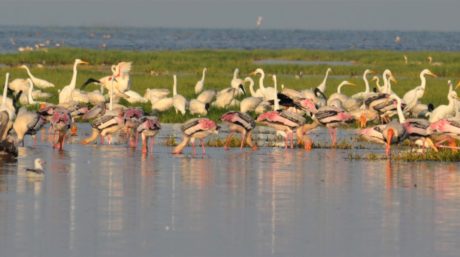 Page
Page
Waterbirds are one of the key indicators of wetlands health. Wetlands provide feeding, resting, roosting and foraging habitats for these charismatic species. We work with […]
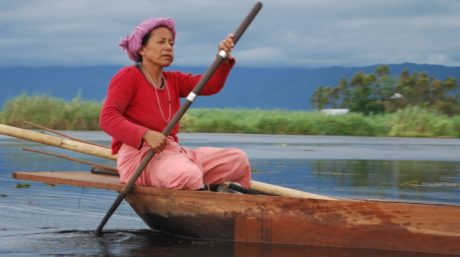 Page
Page
Systematic knowledge on wetlands values and status and trends form the basis of sound decision making on wetlands.
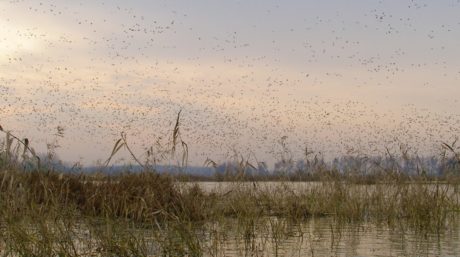 Page
Page
Wetlands occur where water meets land. They include mangroves, peatlands and marshes, rivers and lakes, deltas, floodplains and flooded forests, rice-fields, and even coral reefs. Wetlands exist in every country and in every climatic zone, from the polar regions to the tropics, and from high altitudes to dry regions. Read more...
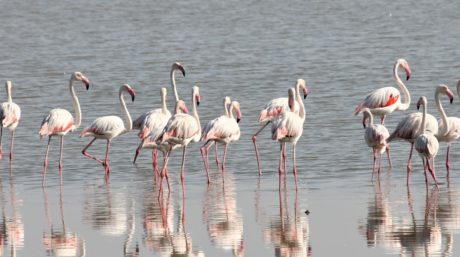 Page
Page
Wetlands teem with life, supporting a diverse range of plant and animal species. For several rare and endangered ones, these are indeed the last refuge.
The wetland management planning manual provides a stepwise approach to formulate an integrated management plan. Compiled based on existing guidelines and best practices, this manual caters […]
The Economics of Ecosystems and Biodiversity (TEEB), co-authored by Wetlands International, emphasises the enormous economic value of wetlands.
The draft report “The Economics of Ecosystems and Biodiversity for Water and Wetlands” was released as a contribution to the 11th meeting of the Conference […]
This TEEB for Water and Wetlands Brief introduces the new initiative, presents initial ideas on the benefits and questions to be explored over the coming months.
Bio-rights is an innovative financing mechanism for reconciling poverty alleviation and environmental conservation. By providing micro-credits for sustainable development, the approach enables local communities to […]